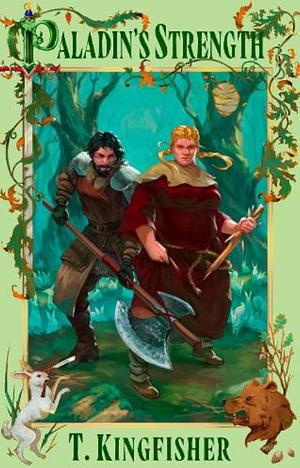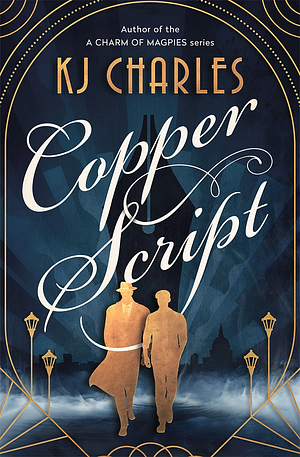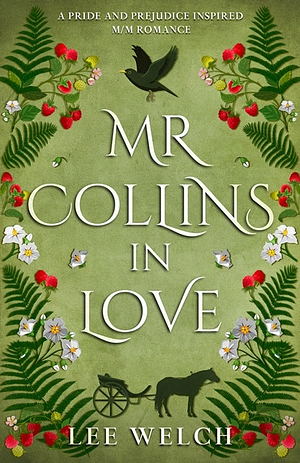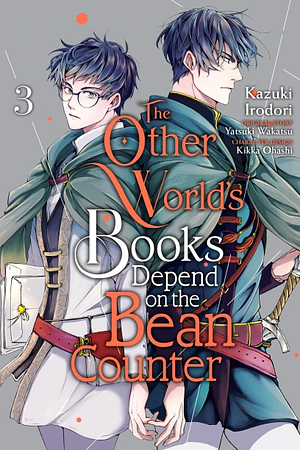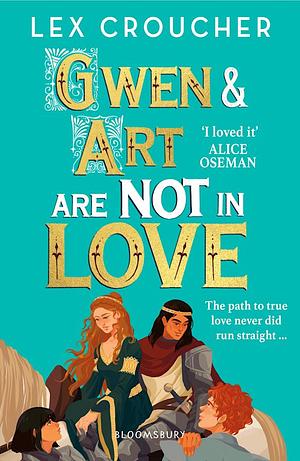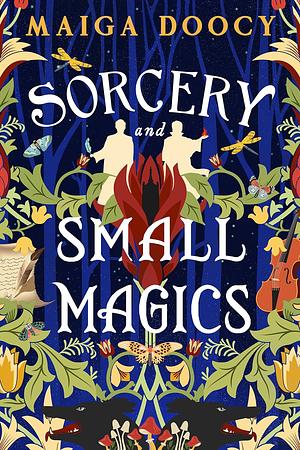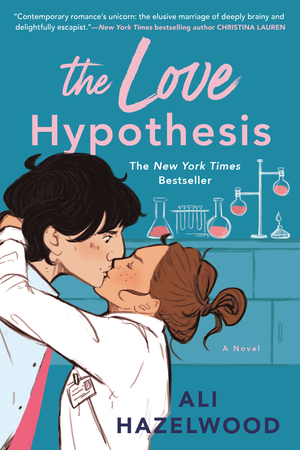
The Love Hypothesis
Genres: Romance Pages: 373
Rating: 
Synopsis: When a fake relationship between scientists meets the irresistible force of attraction, it throws one woman's carefully calculated theories on love into chaos.
As a third-year Ph.D. candidate, Olive Smith doesn't believe in lasting romantic relationships--but her best friend does, and that's what got her into this situation. Convincing Anh that Olive is dating and well on her way to a happily ever after was always going to take more than hand-wavy Jedi mind tricks: Scientists require proof. So, like any self-respecting biologist, Olive panics and kisses the first man she sees.
That man is none other than Adam Carlsen, a young hotshot professor--and well-known ass. Which is why Olive is positively floored when Stanford's reigning lab tyrant agrees to keep her charade a secret and be her fake boyfriend. But when a big science conference goes haywire, putting Olive's career on the Bunsen burner, Adam surprises her again with his unyielding support and even more unyielding...six-pack abs.
Suddenly their little experiment feels dangerously close to combustion. And Olive discovers that the only thing more complicated than a hypothesis on love is putting her own heart under the microscope.
If I was a bit cautious about Ali Hazelwood’s The Love Hypothesis, it was because of the premise of a grad student dating a professor — obviously pretty dodgy ground. That’s handled in this case by the two of them having almost nothing to do with each other: they’re in adjacent fields, but Adam isn’t Olive’s supervisor, isn’t on her committee, etc, etc. Some doors are possibly being opened for Olive because her association with him brought her to people’s notice, but Adam can’t make or break Olive’s career, and a breakup can’t really cause issues for her in that sense. So that worry was pretty assuaged. (There is someone abusing their power over a grad student in the story, but it isn’t Adam.)
As a character, Adam is also attentive to that, checking with their institution to make sure there are no rules prohibiting their dating (at the point when it’s fake dating, though obviously as readers we know where it’s going to go). He’s also careful about consent when they do have sex, or at least tries to be (Olive’s very dismissive of the concern, and doesn’t regret having sex with him).
The other red flag is Adam’s grumpy reputation, but that also gets discussed a fair bit. There’s nuance there: he’s harsh on the work, but not (intentionally) on the student, and his motive is always to get good science out of the person in question. With Olive, he’s got a softer side, as you’d expect in a romance novel — but it also becomes clear he has friends, it’s not just that Olive’s special.
So overall the relationship with pretty cute, and I also enjoyed Olive’s close friendships with Anh and Malcolm, which were a pretty major feature as well.
It was also pretty cool that Olive’s clearly intended to be demisexual, even though the word isn’t used. There isn’t a great amount of angst about it, Olive is just wired differently and knows it, though there might be the odd point where she thinks about it as being ‘broken’ or ‘wrong’ — in a very typical way for people who are demi/asexual, to be fair. I don’t remember anything really glaring out at me.
I won’t spoiler any of the key story beats, but overall it comes together pretty satisfyingly. There is a bit of miscommunication/not telling someone something where really you should believe that they will absolutely believe you and help you, but it didn’t drag on too long, so it didn’t annoy me too much. There are a couple of points I felt embarrassment squicky, but not every single chapter or anything, so that was… more or less okay.
The villain of the piece felt maybe a bit… exaggerated? But that’s sort of needed in order for Olive to have the evidence she needs, plot-wise, and it does (unfortunately) happen pretty much just like that in real life, after all.
So overall, a read I enjoyed quite a bit.
(NB: I became aware later that it’s serial-numbers-filed-off Reylo fanfic, apparently? I wouldn’t have noticed, not a fandom I know well, and I thought it worked fine on its own terms. It doesn’t try to reference Star Wars that I’m aware, other than in naming a character after Adam Driver.)
Rating: 4/5 (“really liked it”)



